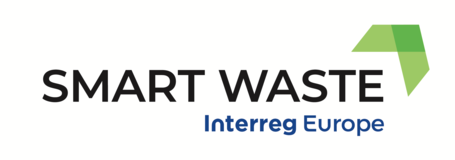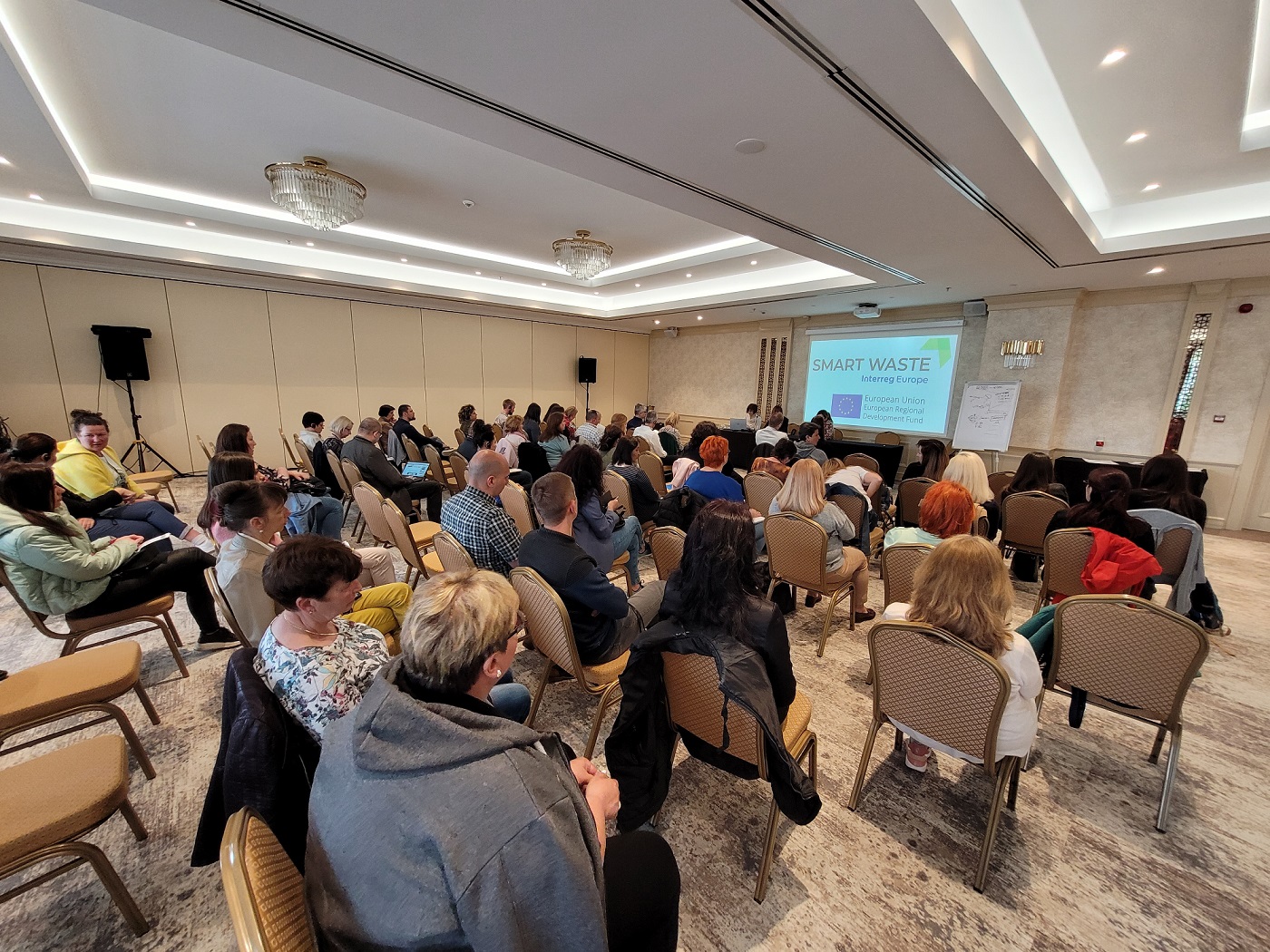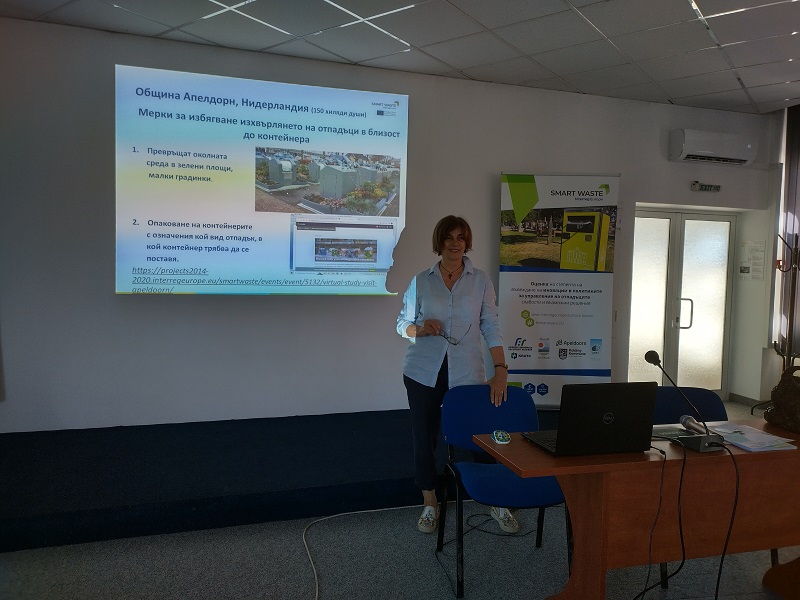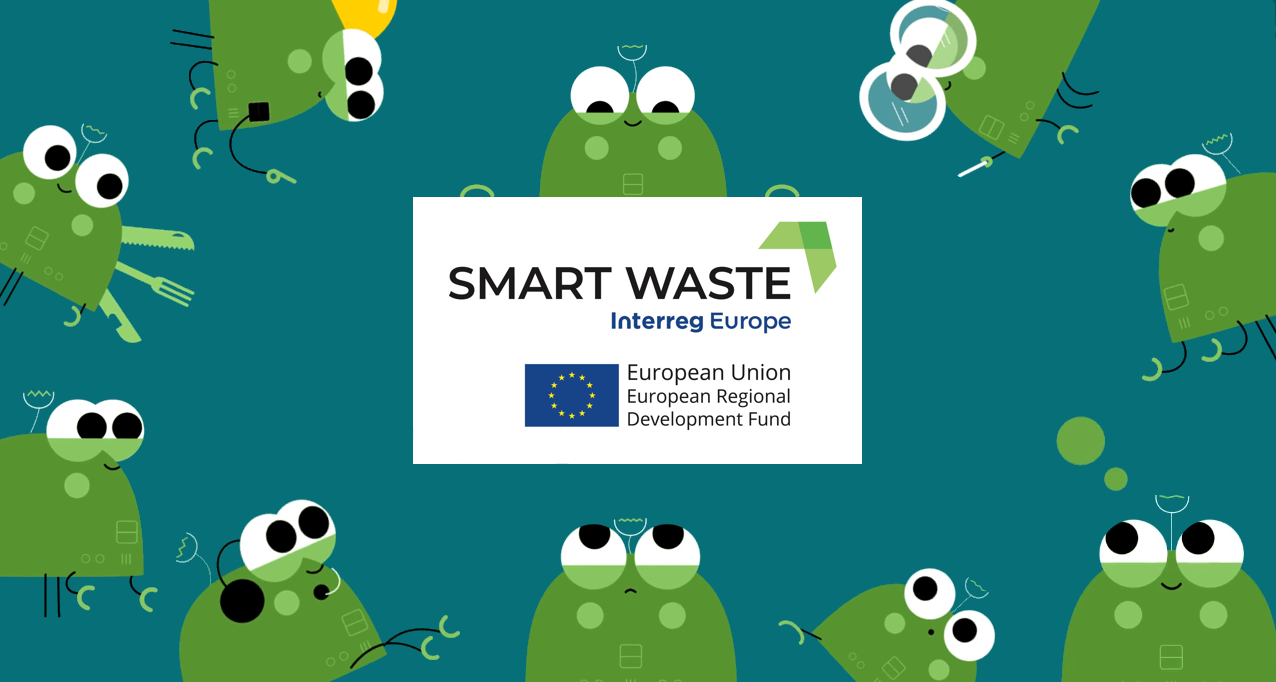In May 2018, the European Commission modified several EU Directives, namely:
- Directive (EU) 2018/849 of the European Parliament and of the Council of 30 May 2018 amending Directives 2000/53/EC on end-of-life vehicles, 2006/66/EC on batteries and accumulators and waste batteries and accumulators, and 2012/19/EU on waste electrical and electronic equipment
- Directive (EU) 2018/850 of the European Parliament and of the Council of 30 May 2018 amending Directive 1999/31/EC on the landfill of waste
- Directive (EU) 2018/851 of the European Parliament and of the Council of 30 May 2018 amending Directive 2008/98/EC on waste
- Directive (EU) 2018/852 of the European Parliament and of the Council of 30 May 2018 amending Directive 94/62/EC on packaging and packaging waste
These Directives are among the most important driving forces to support the new circular economy paradigm, as stated in the European Green Deal and the new European Action Plan for Circular Economy, and should have therefore been translated into national laws by EU Member States (MS) by July 2020.
Unfortunately, several Member States are still lagging behind and all national laws are not yet brought in line with the most recent modifications stated above. The set of infringement decisions released on 9 June 2021 gives a clear overview of the situation, since through the infringements procedure the European Commission takes legal action against those Member States who failed to comply with their obligations under EU law. It shows that:
- 17 MS lack national laws in line with the amended Waste Framework Directive;
- 13 MS lack national laws in line with the amended Packaging and Packaging Waste Directive;
- 13 MS lack of national laws in line with the amended Directive on the Landfill of Waste, and;
- 7 MS lack national laws in line with both the amended End-of-life Vehicles Directive and the amended Batteries and Accumulators Directive;
- In total, 18 MS are involved whereas most of them are addressed with infringement decisions related to two or more Directives.
As the national legal framework is of the utmost importance in the development of the Action Plans within the Interreg Europe SMART WASTE Project, it has been taken into account accordingly by the project Partnership.













